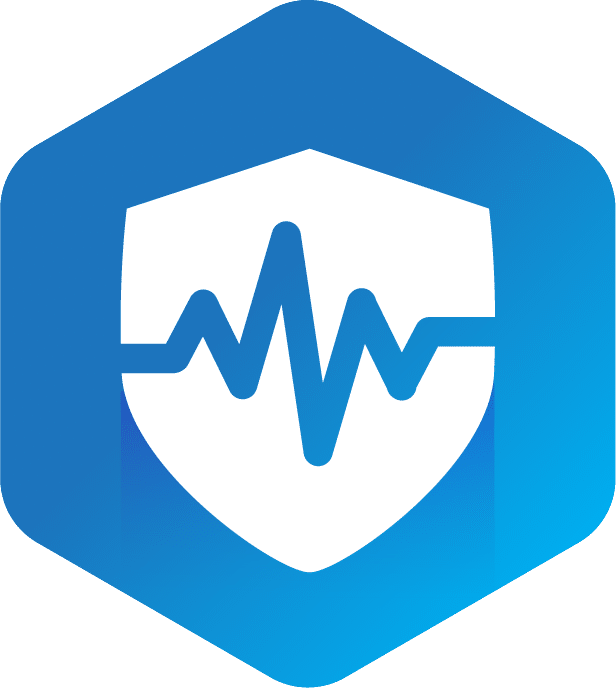In this article, we’ll aim to answer these questions. We’ll delve into understanding privacy rules, identifying who exactly falls under HIPAA’s umbrella as covered entities, and exploring exceptions within health plans. We’ll also clarify how providers and clearinghouses are affected by HIPAA. Lastly, we’re going to tackle international compliance considerations.
So whether you’re just curious or seeking guidance on dealing with international data, this piece will provide insights on the universality of HIPAA and its interplay with various national regulations.
Understanding privacy rules, like those outlined in HIPAA, is crucial no matter where you’re located. However, it’s important to note that not all countries’ laws are the same, and meeting HIPAA requirements doesn’t necessarily mean you’re covered elsewhere.
So while it’s a good start, you’ll need to ensure your solution meets your own country’s laws too. When diving into the HIPAA privacy rule, remember that this is a U.S.-specific standard and that other nations may have their own versions of privacy regulation. A deep understanding of these rules is essential to comply with HIPAA requirements as well as any additional guidelines established by your home country.
Remember – thorough compliance isn’t just about fulfilling requirements abroad; it’s also about securing trust at home.
Diving into the realm of privacy rules, it’s crucial to comprehend who is directly impacted by these regulations. In terms of HIPAA compliance, ‘covered entities’ are on the front line. These include health plans, healthcare providers that transmit data electronically in relation to certain transactions, and healthcare clearinghouses.
Understand that HIPAA regulations aren’t just confined to health insurance firms or hospitals. They also apply broadly to business associates providing services to these covered entities where handling protected health information is necessary. So even if your company doesn’t directly fall under the Health Insurance Portability and Accountability Act, you might still need to be compliant as a business associate.
Remember – knowing whether you’re a covered entity is key for legal clarity and ultimate compliance!
While it might seem like all health plans fall under these privacy regulations, there are actually a few exceptions in the mix that you’ll want to be aware of.
For instance, group health plans with fewer than 50 participants solely administered by the employer aren’t considered covered entities under HIPAA.
Also, government-funded programs whose main purpose isn’t providing healthcare or those directly offering healthcare services don’t meet the definition of health plans.
Understanding these exceptions can help clarify HIPAA requirements for your website and ensure compliance standards are met. Remember that adhering to Health and Human Services’ Privacy and Security rules is essential for both covered entities and business associates.
So always keep abreast of these nuances to maintain your site’s HIPAA compliance.
Every healthcare provider and clearinghouse, regardless of their size, electronically transmits health information in connection with specific transactions is considered a covered entity under the Privacy Rule. This means they must comply with HIPAA guidelines to protect patient data.
Whether you’re a solo practitioner using email or a large hospital network utilizing complex billing systems, if the transmission involves standard transactions as defined by HIPAA rules, you are required to be HIPAA compliant.
Being HIPAA covered isn’t just about technology; it’s about ensuring your processes and practices meet HIPAA standards too. So even when you employ third-party services for your operations, these should also observe the same requirements.
Remember, aligning with these regulations safeguards both your patients’ privacy and your practice’s reputation.
Navigating international compliance can be quite a puzzle, can’t it? Say your organization is HIPAA compliant and has a HIPAA compliant website. You might be thinking you’re all set, right?
The basics of HIPAA require certain safeguards for health information, but remember that these standards are U.S. specific. While being compliant with HIPAA may cover some aspects of other countries’ requirements, it’s not a universal fit.
International compliance considerations differ from country to country. Some nations may have stricter privacy laws than what HIPAA requires. So yes, meeting HIPAA standards is crucial, but don’t assume it’s enough globally.
Always ensure your solutions meet the laws of the countries you operate in to avoid potential legal complications.
What is HIPAA and who does it apply to?
HIPAA stands for Health Insurance Portability and Accountability Act. The federal law in the United States regulates how healthcare providers and organizations handle and protect protected health information (PHI). This law applies to covered entities such as healthcare providers, health plans, and healthcare clearinghouses.
What is the jurisdiction of HIPAA?
HIPAA has jurisdiction over covered entities that operate within the United States or use electronic means to transmit health information. It is important to note that the jurisdiction of HIPAA extends beyond just the entity’s physical location.
How can I make a HIPAA request for my personal health information?
To make a HIPAA request for your personal health information, you need to contact your healthcare provider directly. They will guide you through the process, which may involve filling out a specific form or sending a written request to the appropriate address.
Can I access my medical records online?
Many healthcare providers now offer online portals or websites where you can access your medical records. These portals provide a secure and convenient method for you to view and manage your health information.
What is the role of the federal government in enforcing HIPAA?
The federal government, specifically the Department of Health and Human Services (HHS), is responsible for enforcing HIPAA. They have the authority to investigate complaints and impose penalties for violations of the law. HHS provides guidance and resources to covered entities to ensure compliance with HIPAA regulations.
What types of information are considered sensitive under HIPAA?
Under HIPAA, any information that can be used to identify an individual’s health condition or healthcare services is considered sensitive. This includes but is not limited to medical history, lab results, prescription information, and any other personal health information.
What steps should covered entities take to secure sensitive information?
Covered entities should implement appropriate security measures to protect sensitive information. This can include encryption, access controls, regular staff training on privacy practices, and the use of secure servers and networks. Conducting regular risk assessments and addressing any vulnerabilities is also necessary.
Can a HIPAA-covered entity automate the process of handling patient information?
Yes, a HIPAA-covered entity can automate the process of handling patient information as long as they ensure that appropriate security measures are in place. Automation can help streamline processes, improve efficiency, and reduce the risk of human.
So, is HIPAA universal? Not quite. While it covers important aspects of health information privacy, it doesn’t guarantee compliance with all international laws.
Other countries’ regulations can be quite different. Meeting HIPAA requirements might cover some foreign rules, but not always.
It’s best to use a solution that matches your country’s laws, and if dealing with international data, ensure you meet the specific country’s legislation too.
Always stay informed and compliant!

